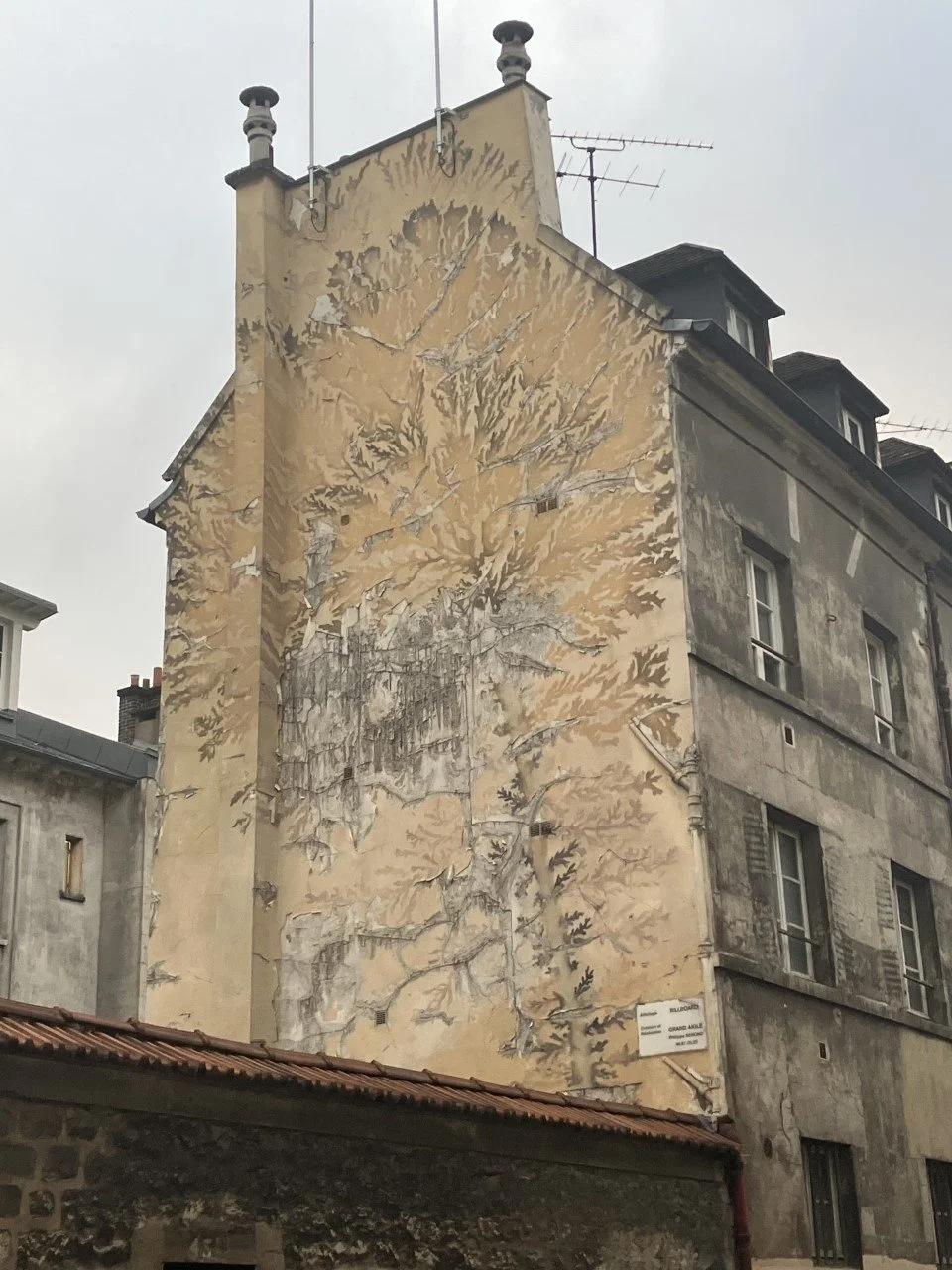Understanding the past is always an act of imagination. In engaging with the past, we seek to recreate in our minds the interior and exterior contexts of past actions, and to convey this understanding to diverse audiences. Yet even within the arts and humanities, scholars who work with the past are often wary of admitting to and interrogating the role of imagination in their own practices – perhaps fearing that such explorations stray too far from the terrain of “respectable” academic research into the realm of counterfactual narratives, historical fiction, or simply unsubstantiated claims about the past. For early career researchers and scholars from marginalised communities, there are perhaps particular risks to engaging with imagination: people insecurely established within academia may feel they have too much to lose by wandering into this uncharted territory, at the expense of colleagues’ esteem.
This three-day workshop hosted on-site at the University of Essex will create safe spaces to explore the role of imagination in researches into the past, combining the elements of playfulness, experimentation, and rigour that are essential to bold thinking. They will encourage doctoral students to be confident in negotiating the relationship between evidence, speculation, and creativity. They will bring doctoral students and scholars from diverse disciplines together to creatively explore the role of imagination in research, writing, and other forms of communication that are committed to telling verifiable stories about the past – in other words, forms that remain tethered to evidence. In doing so, it will seek to dissolve perceived barriers between these disciplines and open doors for imaginative engagement with the past. Participants will have the option to sign up for a follow-up workshop (date tbc) that will include practical creative writing exercises, craftivist activities, and “ideas workshopping”.
Keynote Lectures
Ananya Chakravarti (Georgetown University) – ‘Whose Imaginative Pasts? The Brahminical Archive and the History of India’ (remote)
Hester Barron (University of Sussex) and Claire Langhamer (Institute of Historical Research) – ‘Imagining the Class of ‘37’
Anna Sherman (author of The Bells of Old Tokyo) – ‘Creditors & the Beauty Trap: Writing Crossover Histories for a General Readership’
Masterclasses
John Gallagher (University of Leeds) – ‘Imagination & Engagement’
Will Pooley (University of Bristol) – ‘Writing Joyful History: A Hands-On Workshop’
Rachel Thomson (University of Sussex) – ‘Reanimating Data: Time-Travelling Methods for Researching Sexual Cultures’
Confirmed Speakers
Isabel Davis (Birkbeck / Natural History Museum), Matt Houlbrook (University of Birmingham), Laura Kounine (University of Sussex), Emily Robinson (University of Sussex), Michael Roper (University of Essex), Alice Sage (Hill Top & Beatrix Potter Gallery), Carolyn Steedman (University of Warwick), Mark Williams (Cardiff University)
A provisional programme can be downloaded here
How to register
Please contact Tracey Loughran (t.loughran@essex.ac.uk) to register. CHASE-funded students will be awarded priority in booking until 17 April. After this date, places for other doctoral students will be allocated, with those at CHASE institutions awarded priority until 28 April and subsequent places allocated on a first-come, first-served basis.
Registration closes 15 May.

